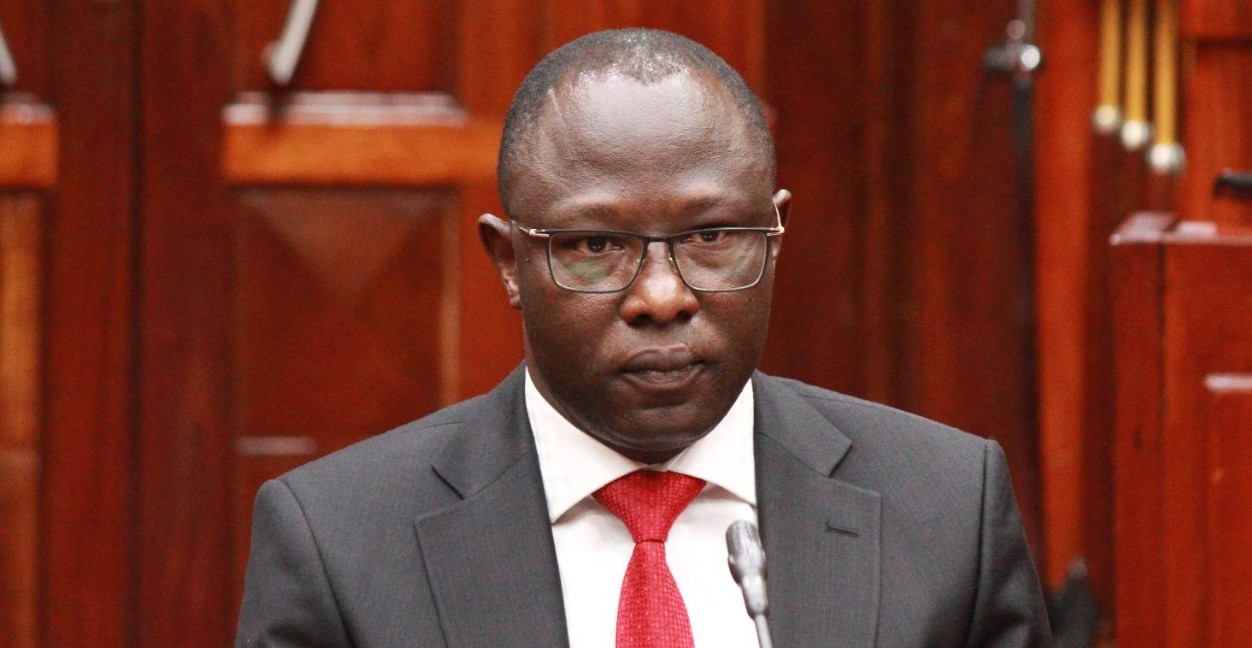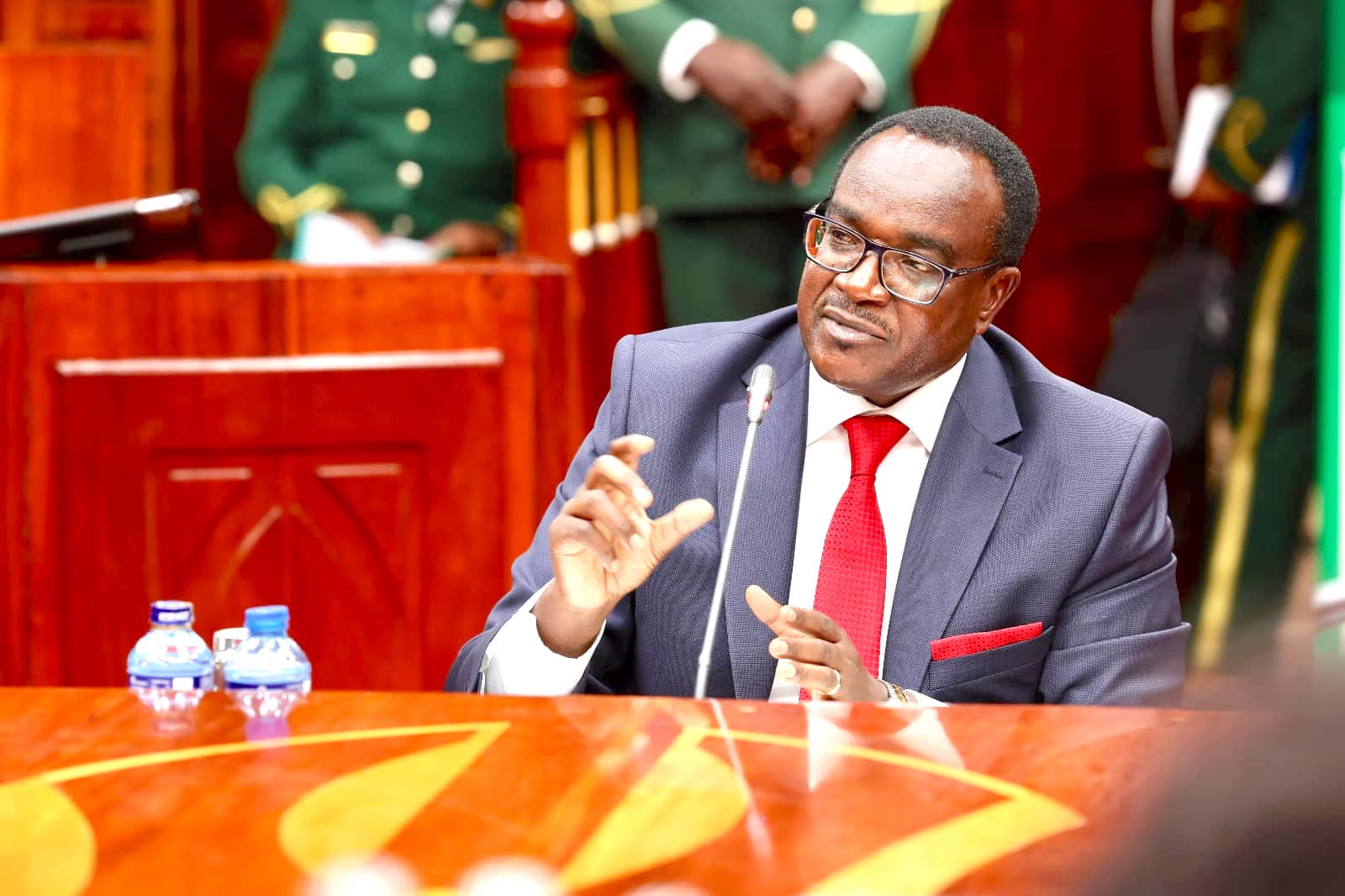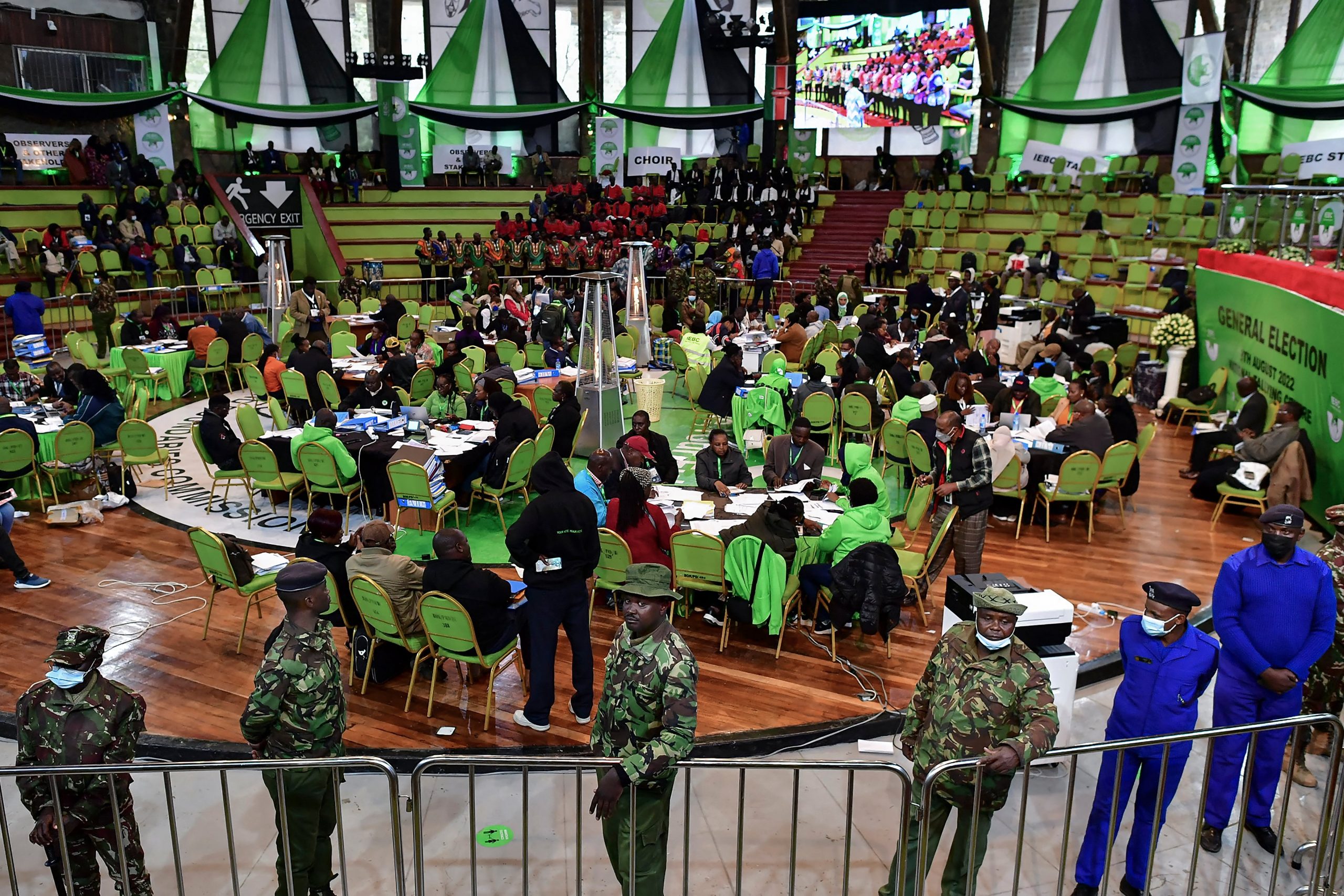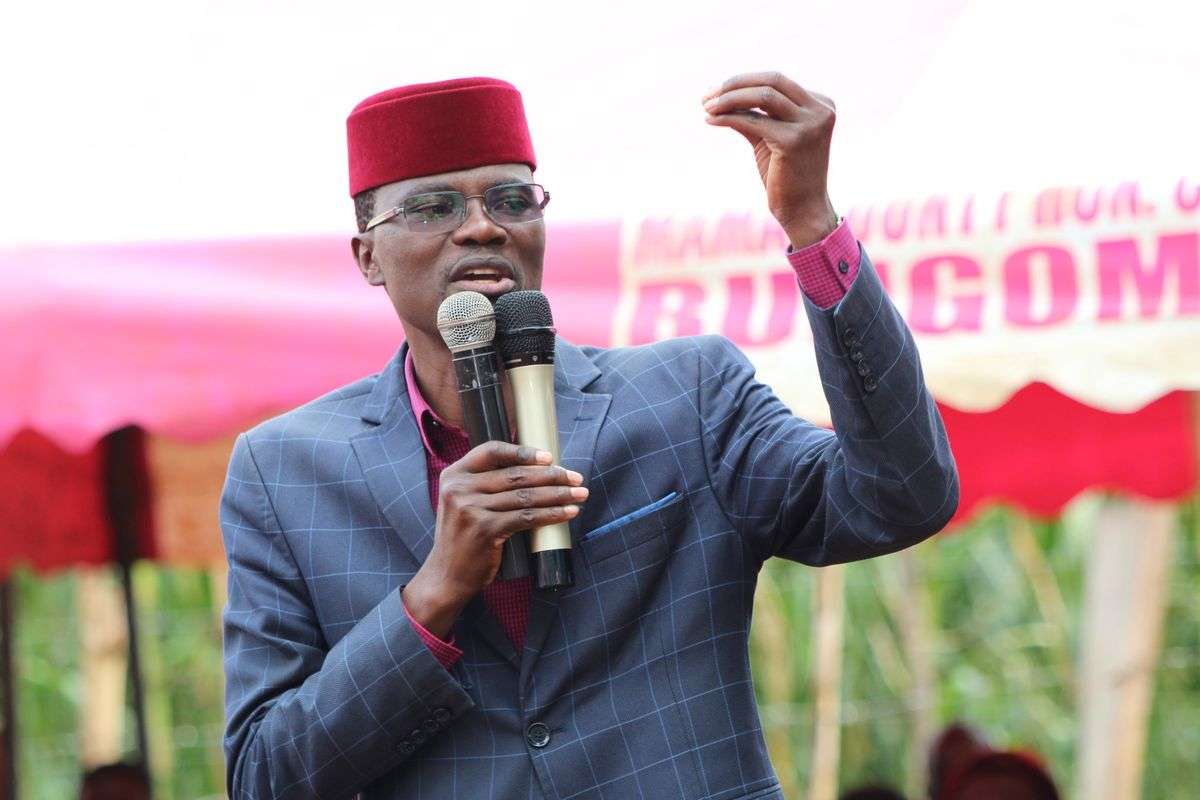TWV Political Affairs Correspondentui
Kenyan taxpayers are staring at a bill exceeding Sh1 billion to finance 24 by-elections slated for 27 November 2025, barely three years after the last general election. This figure, announced by the Independent Electoral and Boundaries Commission (IEBC), is reigniting debate on the country’s spiralling electoral costs and the efficiency of its electoral management.
To unlock the full article:
Choose one of the options below:
- Ksh 10 – This article only
- Ksh 300 – Monthly subscription
- Ksh 2340 – Yearly subscription (10% off)
The IEBC says the upcoming polls will fill one Senate seat, six National Assembly seats, and 17 Member of County Assembly (MCA) positions. Among the affected areas are Baringo County, where the Senate seat fell vacant following the death of William Cheptumo, and constituencies such as Banissa, Kasipul, Magarini, Malava, Mbeere North and Ugunja. Ward-level vacancies will also be contested in Kariobangi North, Narok Town, Purko, Angata Nanyokie and more than a dozen others.
IEBC Chief Executive Officer Marjan Hussein Marjan says the Sh1 billion budget covers procurement of election materials, voter education, staffing, and logistics. Yet, this figure raises an uncomfortable question: Why should it cost the taxpayer so much to hold mini-polls when the commission already possesses much of the infrastructure it used in the 2022 general elections?
Kenya’s 2022 polls cost a staggering Sh36 billion, about Sh2,000 per voter, making them among the most expensive elections in Africa. By comparison, India, the world’s largest democracy, spent roughly Sh1,000 per voter, while the United Kingdom averaged Sh480 per voter in recent polls.
Treasury Cabinet Secretary John Mbadi has already called for belt-tightening, urging IEBC to reuse ballot boxes, surveillance equipment, and other non-perishable items from 2022. “Why do you buy them every election cycle?” Mbadi asked, echoing the frustrations of many Kenyans who view repeated procurement of durable materials as wasteful.
The IEBC’s preparations have not been without controversy. Nairobi Senator Edwin Sifuna accuses the commission of misinterpreting the law regarding replacement of nominated members, and of setting a polling date that exceeds the 90-day legal window under Article 101(4)b of the Constitution.
Politically, the by-elections are shaping up to be a litmus test for the reconstituted IEBC under new chair Erastus Ethekon, as well as a proxy battle ahead of the 2027 general elections. Opposition leaders, including Kalonzo Musyoka, Rigathi Gachagua, and Fred Matiang’i, have already hit the campaign trail under the “wantam” slogan, calling for President William Ruto to serve only one term. Ruto and ODM leader Raila Odinga have dismissed the campaign, framing the by-elections as an opportunity for the electorate, not politicians, to pass judgment.
Beyond the political theatre, Kenyans are justified in asking hard questions:
- If the IEBC has ballot boxes, biometric kits, and other durable materials from 2022, why are these by-elections budgeted at Sh1 billion?
- Has the commission conducted an audit to determine what can be reused, and if so, why is this not reflected in the budget?
- Are the high costs a symptom of inefficiency, inflated procurement, or poor planning?
Treasury has demonstrated in other sectors, such as education, that procurement lists can be trimmed by nearly half without compromising quality. Why not apply the same rigour to electoral spending?
No one disputes that by-elections are a constitutional necessity when public offices fall vacant. They preserve democratic legitimacy. However, in an economy grappling with mounting debt and austerity measures, the public deserves assurances that electoral spending is lean, transparent, and justifiable.
If the IEBC wants to rebuild trust, it must show not only that it can deliver free and fair polls, but also that it can do so without treating every election as an excuse to start from scratch. In the end, the November 27 mini-polls may not only decide 24 seats, they may also determine whether Kenyans believe their electoral commission is a prudent guardian of public funds or a repeat offender in the costly business of democracy.
[/full]




